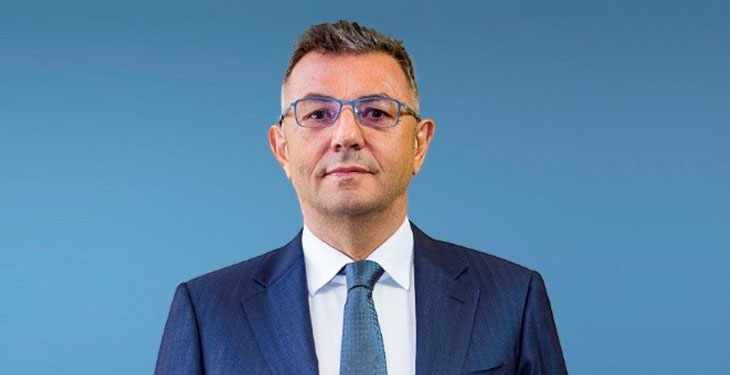Bogdan Tudorache
TeraPlast Group – the largest Romanian privately-held construction materials manufacturer – is pleased to announce TeraPlast Recycling, a company specialized in recycling, following the detachment of TeraPlast SA’s recycling business line. This step resulted from the need to see recycling as an independent business.
„In Europe, the recycled rigid PVC market in 2018 reached 480.000 tonnes, although only a maximum of 20% of the total rigid PVC waste is recycled. This means that over 2 million tonnes, or 2 billion kilograms, remained in the environment. The rigid PVC products have a medium lifespan between 30 and 50 years, depending on their purpose. Thus, we can easily estimate where we’ll be standing in the following 10 years if we don’t take actual measures regarding recycling. Therefore, TeraPlast Recycling is a solution to one of Europe’s biggest concerns and an initiative through which Romania makes important progress in this field. The company is the largest rigid PVC recycler in Romania and in top 10 in Europe by the processing capacity of 12.000 tonnes annually,” said Dorel Goia, Chairman of TeraPlast’s Board of Directors.
Managing the impact that TeraPlast’s activity has on the environment is part of the company’s corporate governance policy, with the company taking important steps to reduce its carbon footprint, through energy efficiency and increasing the quantity of materials it recycles.
„We are promoting the importance of rigid PVC recycling, both post-industrial, as well as post-consumer, and we would like our initiative to inspire the Romanian business environment. The transfer of this business line is worth EUR 4.6 million,” Dorel Goia added.
The waste is processed using advanced recycling technology and facilities, with state-of-the-art machinery acquired from producers from Germany and Italy. Between August 2018 and March 2019, the recycling unit, now TeraPlast Recycling, processed an average of 650 tons of rigid PVC per month. The recyclable material came from both own production and from acquisitions. Last year, 54% of the raw material we processed came from Europe, from countries such as the Netherlands, Denmark or Italy, whilst only 46% came from Romania.
„We are sure that the Ministry of the Environment will reach its meaning and will make it mandatory for the waste collecting companies in Romania not to burry the rigid PVC waste, but sell it instead. For TeraPlast, it is preferable to buy rigid PVC waste from Romania and not pay 2.000 euros for a 20 tonnes transport from Holland,” said Goia.
Regarding the origin, 52% of the total rigid PVC waste recycled in 2018 was post-consumer, while 48% was post-industrial. The result is a high-quality product, thanks to the superior technology used by the company and is available for selling.
Through this initiative, the TeraPlast aligns itself to its mission of offering efficient solution for people and the environment as well as to the European best practices for the responsible management of resources, by developing solutions which involve using recycled material, in certain amounts.
